Frequently asked questions about homeowner loans
If you’re thinking about applying for a loan, you’ll probably have a few questions. We’ve answered some of the most common below.
Can I move house with a home owner loan?
Yes, you can move house while still paying off a home owner loan. However, you’ll most likely need to pay off the outstanding loan balance. Some lenders may allow you to transfer the loan to your new property.
How much can I borrow against my home?
The maximum amount you can borrow against your home will depend on the amount of equity you hold in the house. This is determined by your home’s value and the percentage of that value the lender is willing to accept, plus any existing mortgage balance on your property. See our guide to things to consider before you apply.
How long will it take?
Once you apply for a loan, you’ll usually receive a decision in principle within 24 hours. The loan should then be finalised within about two weeks of applying.
How long are the repayment terms?
Repayment terms are flexible. We offer short term loans for homeowners which start from as little as one year, as well as long-term products which can last 30 years. The most important thing is that you’re comfortable with the time period.
What are the interest rates?
While homeowner loan rates can be as low as 6.59%, the rate you secure will depend on your history of personal finances, the value of your home and your current circumstances.
Do Norton Finance charge any loan fees?
We’re a broker, not a bank, so we make a full homeowner loan comparison search across lenders’ products to see how they stack up. Once a loan is secured, we take a commission payment from the lender and may also charge a broker fee. This is calculated at up to 12.5% of the loan itself, and capped at £4,950. If a loan is unsecured, we won’t charge a broker fee.






